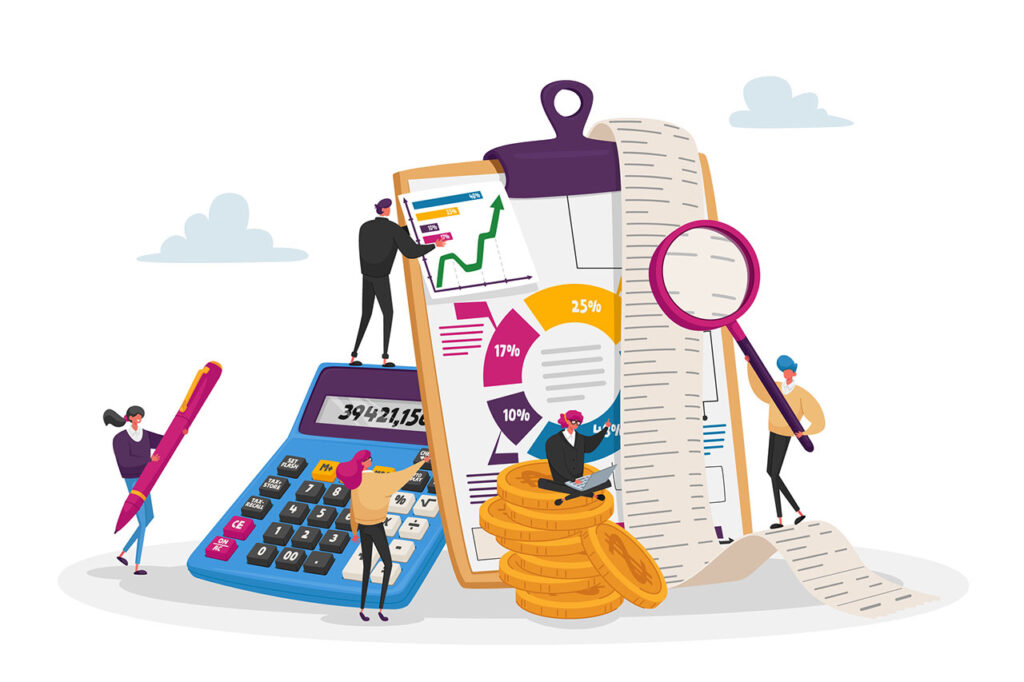Rent vs. buy calculator
The decision between renting and buying is a crucial financial choice. Use this handy calculator to find out what decision is best for you.
Page written by Ian Hawkins. Last reviewed on May 19, 2025. Next review due July 1, 2026.

Ian Hawkins
Head of Content
Ian Hawkins is Head of Content at Swoop. As a freelance business journalist and filmmaker he has reported from Europe, Central and North America and Africa. His films and writing have appeared on BBC World, Reuters and CBS, and he has spoken at conferences on both sides of the Atlantic on subjects including data, cyber security, and entrepreneurialism.
Read this article to me





 yet? Register here!
yet? Register here!